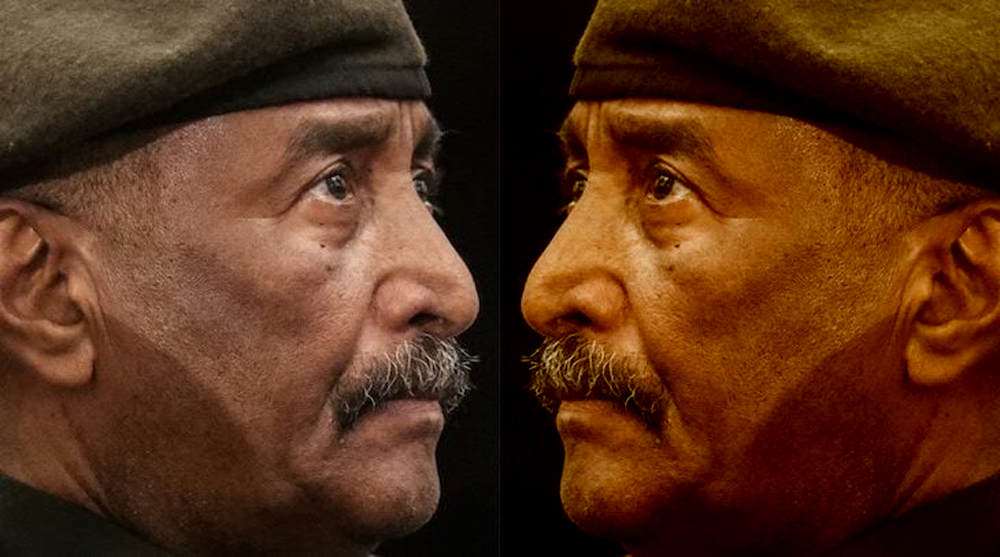
Al-Burhan: For and Against War at the Same Time
By Abdullah Rizk Abu Seimazah
Facebook activists paused for a while, pondering two statements made by General Abdel Fattah al-Burhan within a span of approximately twenty-four hours. On one hand, after his meeting with Egyptian President Abdel Fattah el-Sisi in El Alamein during his first foreign visit since the war began, he affirmed that he is exerting all his strength to stop the war. On the other hand, addressing a gathering of the armed forces in Port Sudan immediately after his return from Egypt, he declared, They will fight until the last soldier. In other words, he will do everything in his power to continue the war! It seems like we are dealing with two different Burhans here, almost like Dr. Jekyll and Mr. Hyde but from different companies!
In light of the conflicting statements and their sharp contradictions, questions arise about what Burhan will say at the United Nations General Assembly on the twentieth of this month.
The issue is not about Burhans credibility, but rather whether he genuinely has a specific vision or intention to either continue or halt the war. The conflicting statements and stark contradictions may indicate the absence of either option in Burhans repertoire. He might be torn between them, working in vain to appease conflicting parties or interests, both within and outside the military. One side may support the war, while the other opposes it, and Burhan appears incapable of reconciling them or taking a clear-sided stance.
The Port Sudan statement might carry some disappointment as an overall outcome of his visit to Egypt. Cairo had firmly expressed its stance at the summit of Sudans neighboring countries hosted at the end of last month, rejecting the war and refusing to intervene on either side, considering it an internal matter. Egypt called for an immediate cessation of hostilities and dialogue between the involved parties. Based on its declared positions, it is not expected to support Burhan in his futile war, as he described it, or the cursed war, as his ally Turkey described it in relation to Hidandawa. Therefore, Egypt has nothing to offer Burhan except a call for an immediate ceasefire once again. It seems that Burhan had no choice but to align with Cairos position temporarily.
Perhaps he aimed to convey a message to the Igad (Inter-Governmental Authority on Development) and the African Union, which have influence on regional decisions. He may have been signaling to the Jeddah platform, where he has maintained some connection, despite not fully withdrawing or actively participating in its efforts or adhering to the agreements reached.
There is no doubt that Burhan wanted to appease the war factions within and outside the armed forces, particularly the remnants of the ousted regime, who are investing in the war to return to power. It goes without saying that Burhan did not take into consideration the local public opinion that opposes the war. It appears that the departure of influential opposition leaders and their refuge abroad, focusing on political and diplomatic work with foreign powers as an alternative to engaging with the masses for a settlement and negotiation, weakened the voice of the domestic anti-war front, undermining its unity and its strong influence.
After a period of optimism about the possibility of stopping the war, which prevailed after his exit from the General Command siege, some now see that Burhan, who is banking on the Jeddah platform according to Munir Manawis testimony, is maneuvering to secure significant gains from peace agreements and to maximize the compensation for concessions he must make.

